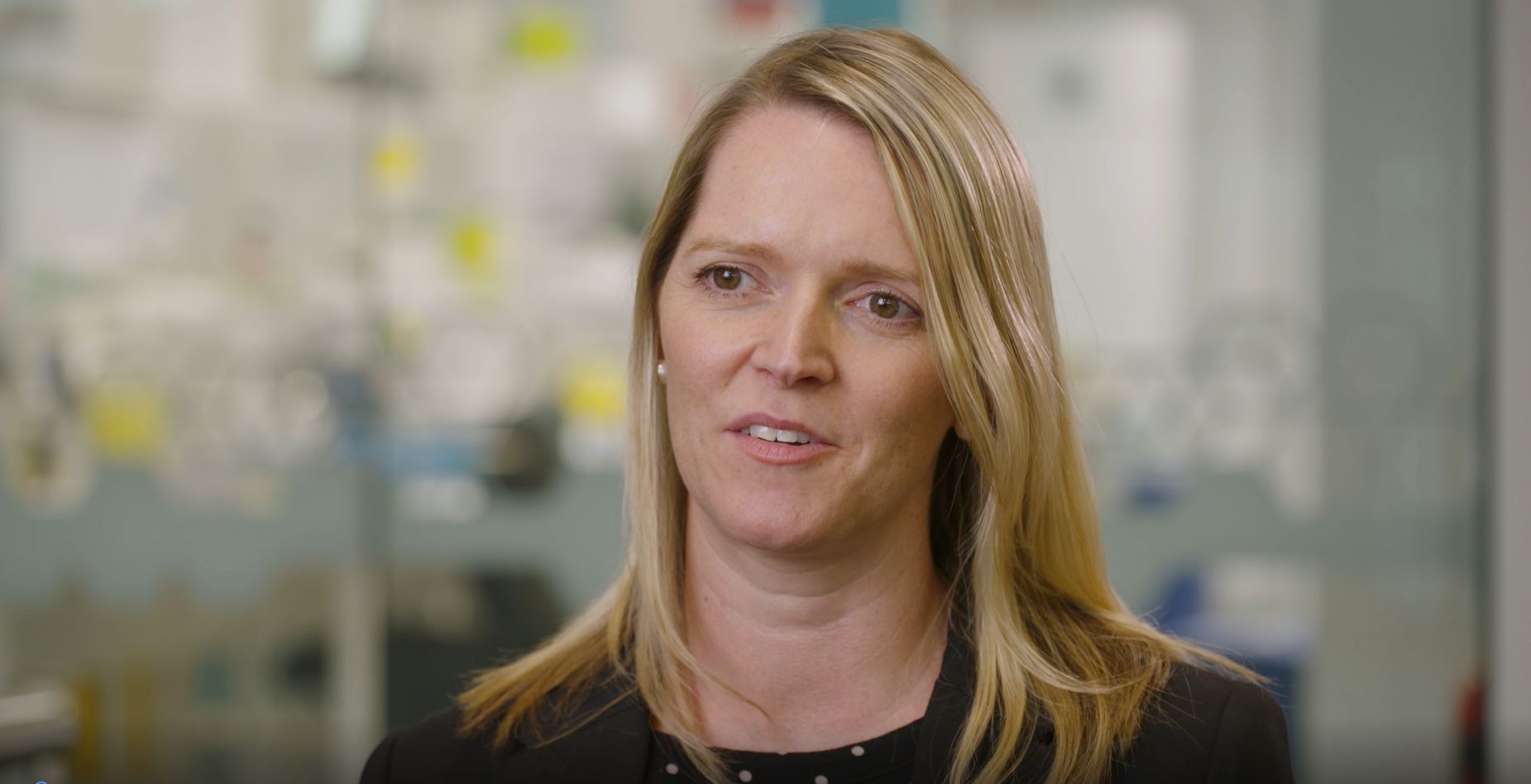Search
Through InterRett we collect information on individuals with Rett syndrome on a global level. If you are a participant you can complete your questionnaire here.

News & Events
High Tea for Rett Syndome at Caversham HouseThanks for everyone who have contributed to and participated in this wonderful event to raise much needed funds to support Rett Syndrome research!

News & Events
The Silent AngelTaylor is a remarkable young woman with Rett Syndrome who is leading an active country life with the support of her family and the local community.

We are looking for children to take part in an important study that will assess a new treatment designed to prevent ongoing ear infections in kids having grommet surgery.
The Kids Research Institute Australia is looking for healthy babies (born from 35 weeks of pregnancy onwards) to take part in an important study evaluating a new medication that may help prevent Respiratory Syncytial Virus (RSV) disease.
Whooping Cough Study in Young Adults could lead to an effective “stand alone” vaccine for Australians

News & Events
Seed grant preps world-first ear infection prevention therapy for human trialsThe Kids Research Institute Australia has secured a State Government grant to prepare a nasal therapy designed to prevent childhood ear infections for a world-first clinical trial.
Contact us If you'd like to get in touch, please contact Marie Nadal-Sims by phone or email. Phone: (08) 6319 1001 Email: IICPerth@thekids.org.au All
Contact us If you'd like to get in touch, please contact us by phone or email. Phone: 0400 450 240 Email: vtg@thekids.org.au Clostridium difficile
Contact us If you'd like to get in touch, please contact us by phone or email. Phone: 0400 450 240 Email: vtg@thekids.org.au Paediatric Active
